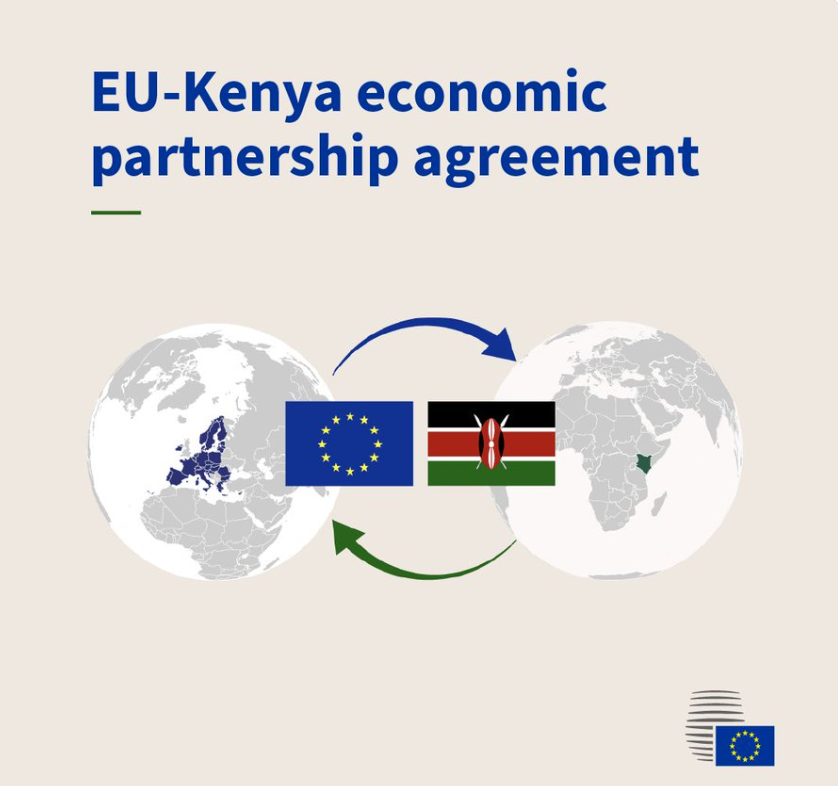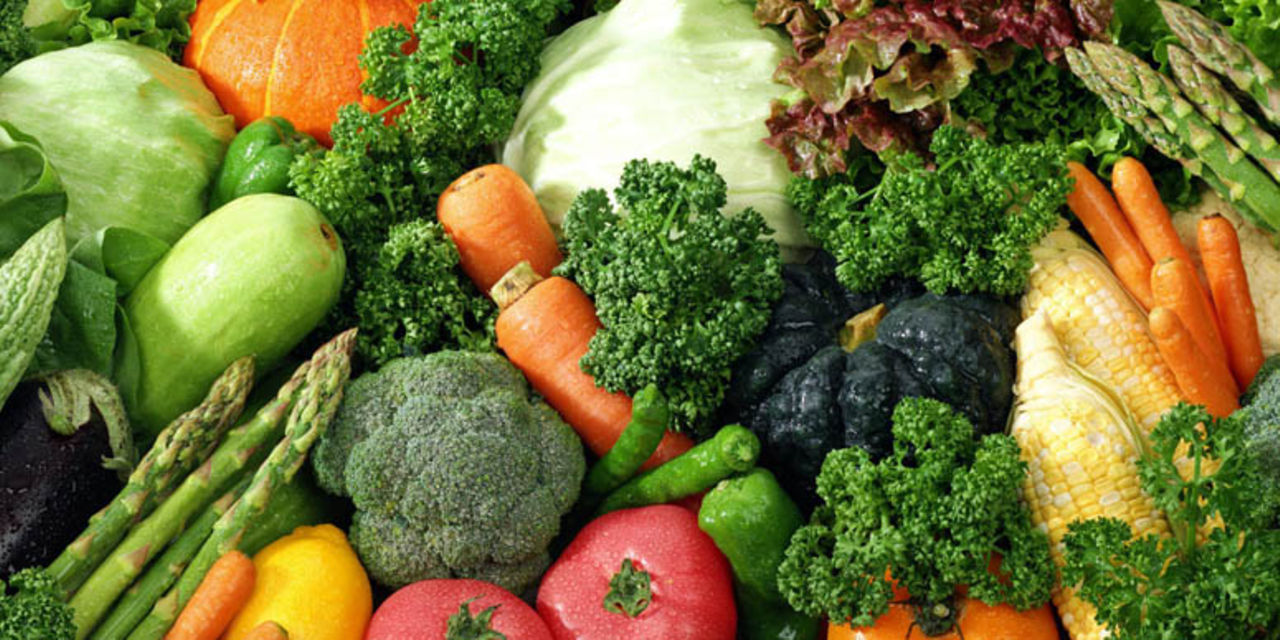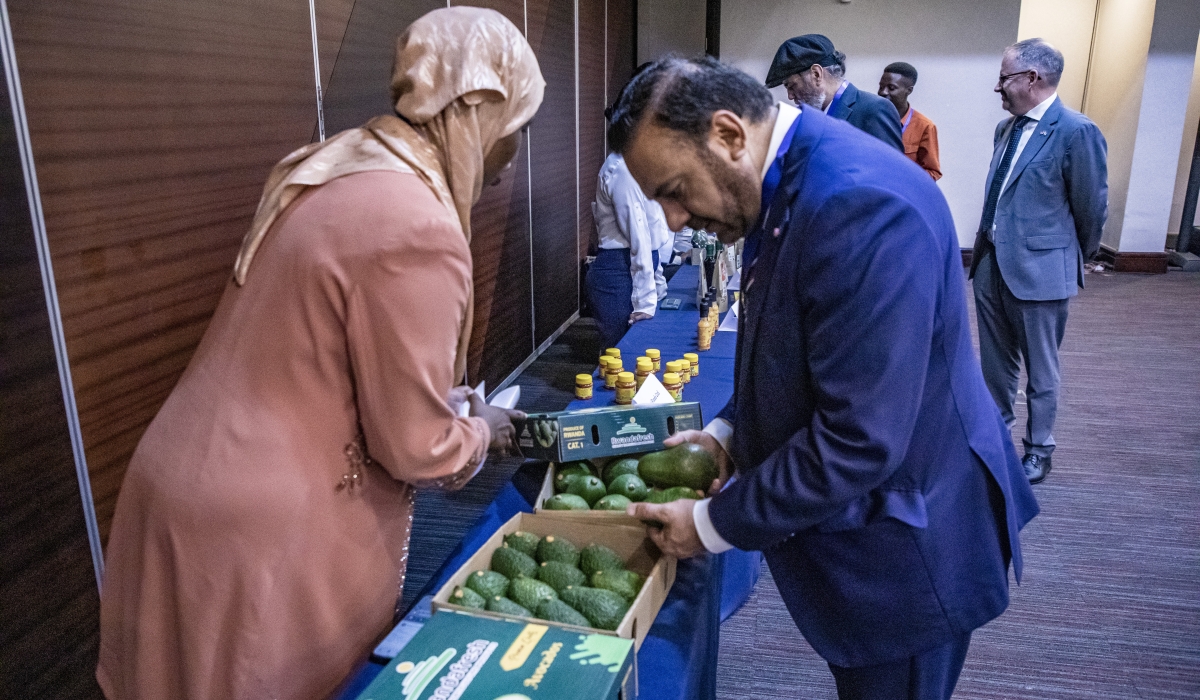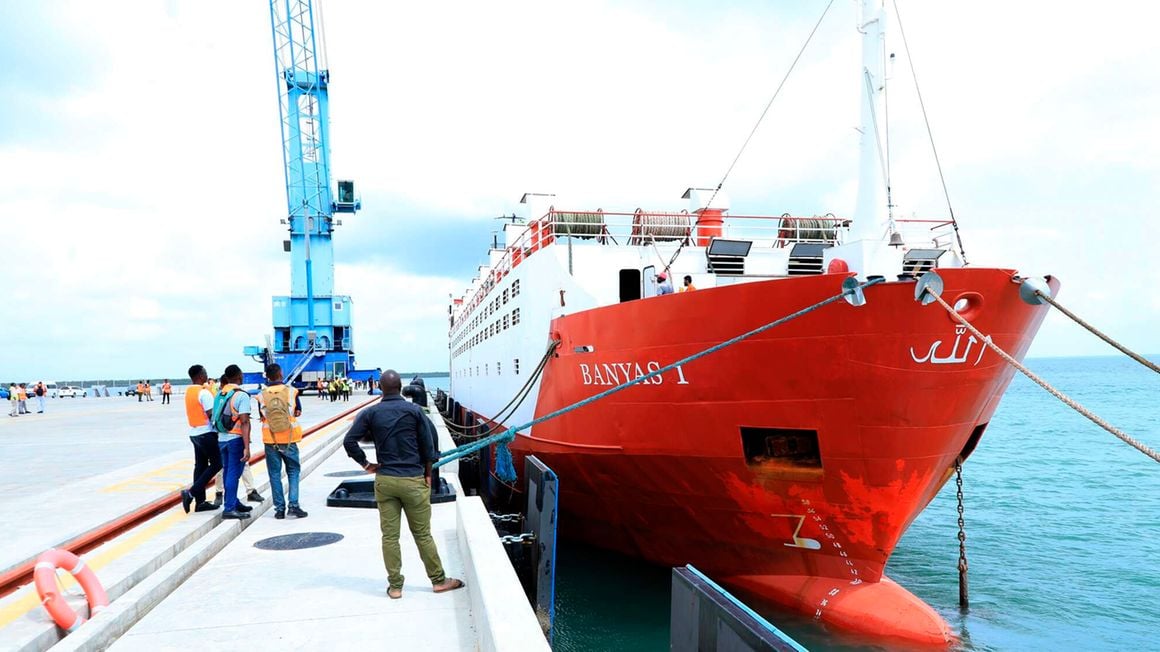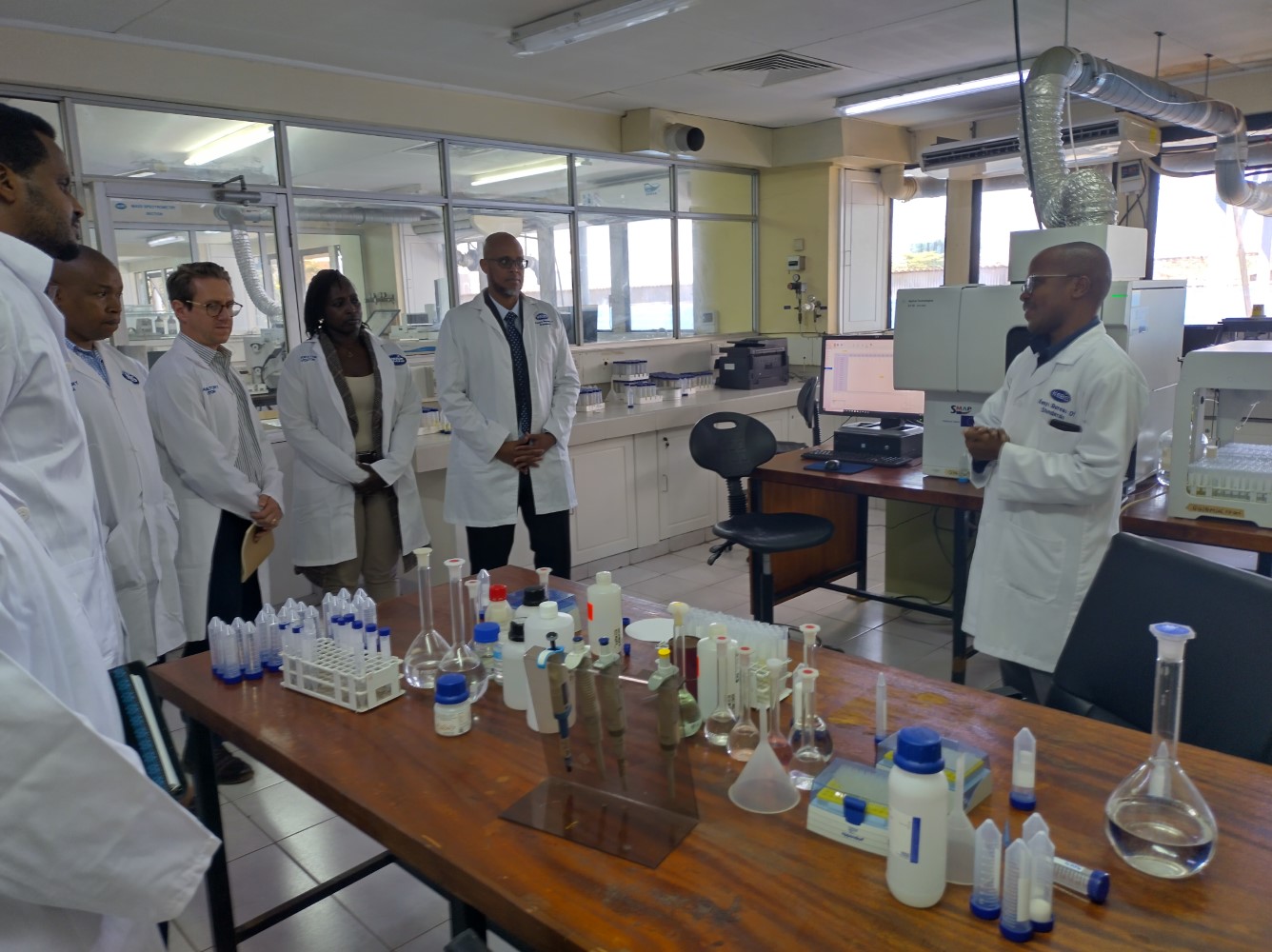The Council on 30 May 2024, adopted a decision on the conclusion of the EU-Kenya Economic Partnership Agreement (EPA). This will boost trade in goods and create new economic opportunities, with targeted cooperation to enhance Kenya's economic development. This agreement will strengthen our cooperation with Kenya, the economic hub of East Africa. Workers, businesses, and traders on both sides will benefit from this shared commitment to sustainable development, including labour rights, the environment and climate action. The agreement will provide duty-free, quota-free EU market access to all exports from Kenya (except arms) as soon as it enters into force, as well as partial and gradual opening of the Kenyan market to imports from the EU. The agreement includes binding provisions on trade and sustainable development, such as climate and environmental protection and labour rights, and a transparent dispute resolution mechanism. This is the most ambitious economic partnership agreement the EU will have with a developing country when it comes to sustainability provisions. The EU is Kenya's first export destination and second largest trading partner, totalling €3.3 billion of trade in 2022 - an increase of 27% compared to 2018. The agreement will enter into force on the first day of the second month following the date on which the parties have notified each other of the completion of their respective internal procedures. Read original article
EU-Kenya: Council takes final step to allow the implementation of the Economic Partnership Agreement
Posted on: May 31, 2024
Posted on: May 31, 2024

